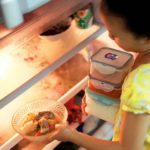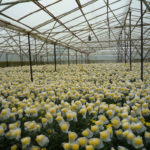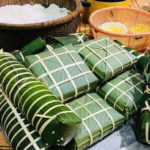A well-organized refrigerator makes finding food easier and maintains its freshness. Group together items that are typically consumed together or store them in clear containers for easy identification. Avoid overstocking and cramming unnecessary items into the fridge.
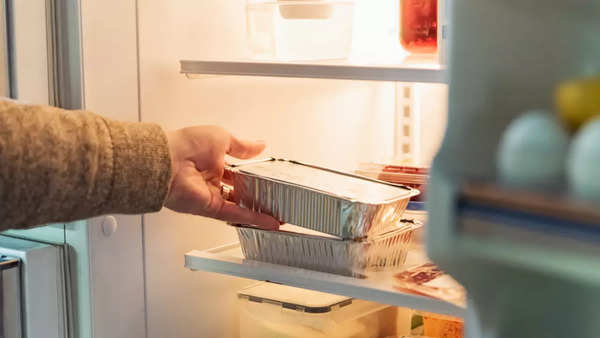
2. Set the Correct Temperature
To increase food longevity, store items at the appropriate temperature and in the correct compartment. Some foods should be refrigerated to maintain optimal freshness, while others should be stored in the freezer for longer preservation. Modern refrigerators even have specialized compartments, such as the crisper drawer. Refer to your manufacturer’s instructions to determine which compartments are suitable for which foods.
3. Monitor Food Expiration Dates
When stocking your refrigerator, prioritize using older items or those with shorter expiration dates before reaching for newer ones. This practice helps reduce food waste by ensuring that items with earlier expiration dates get used first.
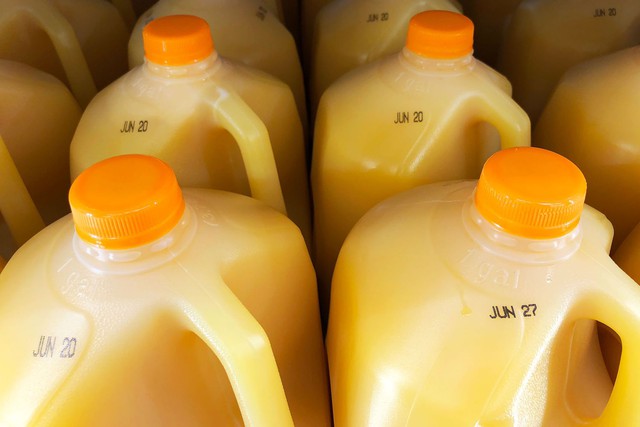
4. Prevent Cross-Contamination
Store leftovers or strong-smelling foods in sealed containers to prevent moisture loss, preserve flavor, and keep unpleasant odors from permeating the refrigerator. Additionally, place raw meat and seafood in the freezer or on separate shelves to avoid odor transfer within the fridge. Use spill-proof containers for liquids and avoid contact with other food items.
5. Extend the Life of Perishables
Produce such as fruits and vegetables should be cleaned and dried before refrigerating, as moisture can hasten spoilage. Leafy greens can also be spun dry before storage.
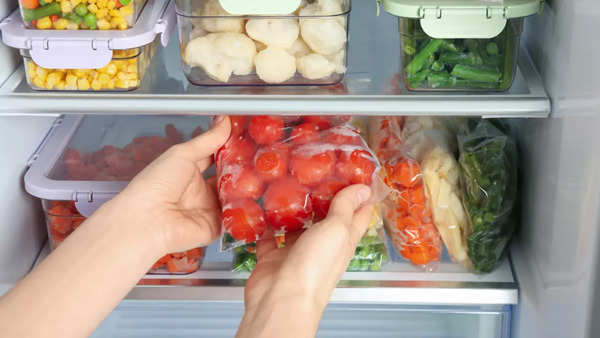
6. Minimize Door Openings and Close Properly
Limit the duration of refrigerator door openings to preserve cold air and maintain a stable temperature. Additionally, ensure the refrigerator door is properly closed after each use. This reduces energy consumption and promotes food freshness by preventing frequent temperature shocks to its contents.
7. Declutter Before Vacations
Before going on vacation or for extended periods of absence, remove perishable items that may expire during your time away. This prevents unpleasant odors and reduces the risk of food spoilage. Some newer refrigerators have customizable modes that allow you to put your refrigerator into a ‘vacation mode’ to save energy during extended absences.
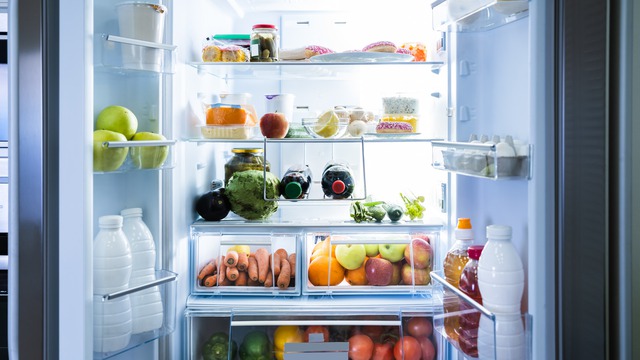
8. Regular Cleaning and Maintenance
Every few days, promptly clean up any food spills, wipe down shelves, and regularly check for expired items. A clean refrigerator not only prevents unpleasant odors but also ensures safe food storage. If you notice a decrease in cooling efficiency, consider calling a qualified technician for an inspection.
food-receipt/create-quick-nutritious-meals-in-the-microwave/’ title=’“Create Quick, Nutritious Meals in the Microwave”’>“Create Quick, Nutritious Meals in the Microwave”
Preserving Leftover Food from the Tet Holiday
With the beginning of the Lunar New Year, many households are stocking up on food to celebrate the festive occasion. While keeping food in the refrigerator is convenient, it can also be harmful to users if not done correctly. We have compiled a few tips to help ensure food remains fresh and safe to consume during Tet.


























